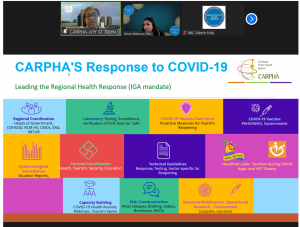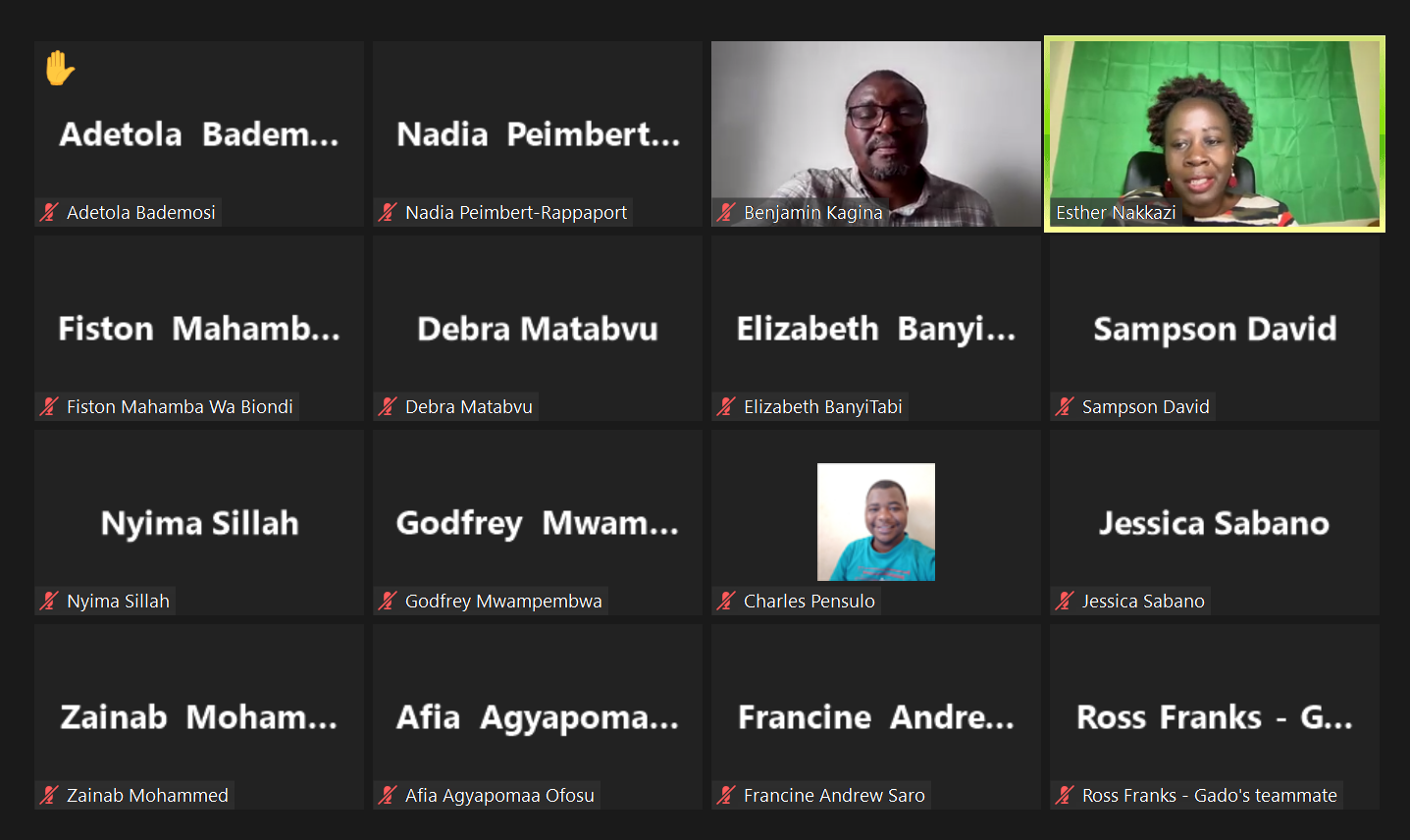Supporting Journalists to Report Accurately on Immunization and Vaccines
Throughout the COVID-19 pandemic, journalists have needed to understand complex and rapidly changing public health and scientific information to provide meaningful and factual reporting for their communities. Since the beginning of the health emergency, journalists grappled with the “infodemic” of misinformation, disinformation, and rumors that spread quickly and widely.
Now, as 2023 begins, reporting accurately on immunization has grown seemingly more difficult. Although the widespread public interest in COVID-19 vaccine rollouts appears to have faded during the last two years, serious issues in vaccine access, acceptance, and inequity remain. Lingering effects of the pandemic persist, including the largest sustained decline in routine child immunization in 30 years. There are new vaccines, scientific breakthroughs, and the push for more regional vaccine manufacturing to address inequities.
Despite these challenges, interest in health reporting remains high among journalists across Africa and the Caribbean — they want to better understand elements of fact-based health reporting in order to write their own stories on vaccines and health reporting in their country or region.
To address this need, Sabin’s Immunization Advocates program and the International Women’s Media Foundation (IWMF) partnered for the second iteration of the Global Health Reporting Initiative (GHRI), which launched last October.

The program aims to equip journalists based in low- and middle-income countries with the knowledge, skills, and contacts necessary to provide clear and factual reporting on vaccines and immunization in a pandemic world and beyond. It also encourages the participation of women journalists, providing them with an opportunity to enhance specific skills needed to advance their professional development.
The 2022-2023 cohort consists of 15 journalists from Africa and 18 from the Caribbean — 60% of both cohorts are women journalists. Program sessions introduce them to information and reputable sources related to vaccination, covering a range of topics: from the science behind vaccines and how to interpret medical studies, to vaccine equity trends and fact-based reporting.

The sessions are tailored to the local contexts, making the program more relevant and meaningful for the participants. For instance, the Africa-based journalists learned about the future of vaccine manufacturing on the continent, a highly relevant topic as Africa CDC and the African Union seek to manufacture 60% of Africa’s routine vaccine needs locally by 2040 through the Partnerships for African Vaccine Manufacturing (PAVM) initiative.
“The issue of vaccine manufacturing in Africa is a new story,” explains Esther Nakkazi, health and science journalist and media trainer for the GHRI in Africa. “[With] the COVID-19 pandemic, this big problem of having no vaccines and lack of access was brought to the fore. It’s a story that we carried. For all media publications, it was a hot story.”
The training sessions are also designed to provoke thought and assist reporters in finding stories that matter to their communities.
By understanding the foundational information about vaccines and the status of vaccine development, journalists are better equipped to write the relevant stories that can positively impact the health of their communities.
An important goal of the GHRI is to enable journalists to write stories about vaccination that are typically under-reported in the media. Several participants of the 2021-2022 cohort were able to travel to indigenous and remote communities to investigate the status of COVID-19 immunization and vaccine equity, impacting the public’s understanding of vaccine acceptance and shaping more informed policies.

As the 2022-2023 cohort is transitioning to the mentorship stage of the program, their regionally-based trainers reiterate the importance of locally-based health journalism.
“We are here to provide a voice to the voiceless and inform the uninformed — to champion information that will allow for a better, safer, and healthier lifestyle for the publics we serve,” said Kiran Maharaj, journalist and media trainer for the GHRI, President of the Media Institute of the Caribbean.
We look forward to reading the 2022-2023 GHRI participating journalists’ stories on vaccines and immunization!
Read more about the Global Health Reporting Initiative.
Nadia Peimbert-Rappaport contributed to this blog post.




